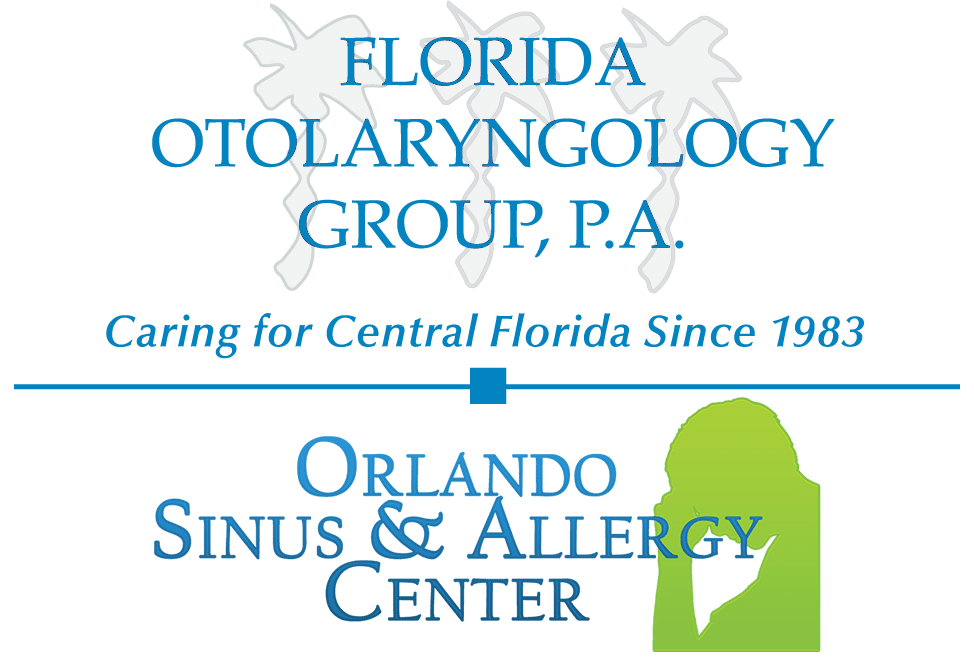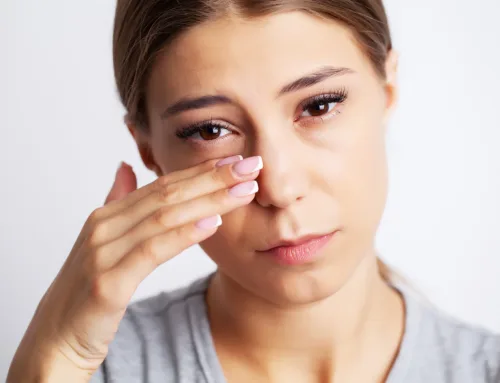If you have chronic sinusitis, then a sinus saline rinse may be recommended for immediate relief, but you should see an ear, nose and throat (ENT) specialist for more long-term solutions. While it may be only salt water – saline irrigations in the nose are actually effective as an adjunct to treatment of sinus and nasal complaints. Rinsing the sinuses with saline has its foundations in ancient yoga and homeopathic traditions, but its use in modern medical practice is increasingly more common.
It’s important to understand that the sinuses are four groups of cavities (maxillary, ethmoid, frontal and sphenoid) within the bones around the nose. Remarkably, our sinuses normally produce up to 1.5 liters of mucus per day.
Infection, allergy or environmental triggers can increase mucus production. The mucus drains from the sinuses into the nose, so any process causing swelling may lead to sinus obstruction and infection.
Nasal saline rinses are thought to work primarily by clearing mucus and crusting, but they also provide moisture to the nasal and sinus passages. Saline irrigations may also work by improving the function of the lining of the sinuses and by removal of allergens, bacteria or other inflammatory agents. While there is no evidence that saline replaces standard medical therapies such as topical steroids or antibiotics, studies have demonstrated the benefits of saline irrigations in improving the symptoms of sinusitis.
Pharmacies carry a variety of over-the-counter nasal saline devices which are easy to use and well-tolerated.
I usually recommend the 8-ounce squeeze bottle or the Neti pot (a teapot-shaped container) since they deliver large volumes of saline at low pressures.
Both are better than saline sprays for improving chronic sinus symptoms because more saline reaches the sinuses to sooth the nasal tissue and flush out the mucus.
As topical treatment options for sinusitis are increasing, these devices are also useful in delivering medications to the sinuses. Additives such as topical steroids, antibiotics or surfactants to nasal irrigations have proved beneficial in reducing inflammation or disrupting bacterial colonies in the sinuses.
Whether I am managing my patients with medications or surgery for their chronic sinus disease, nasal saline irrigation is an important adjunct and safe therapeutic option.





